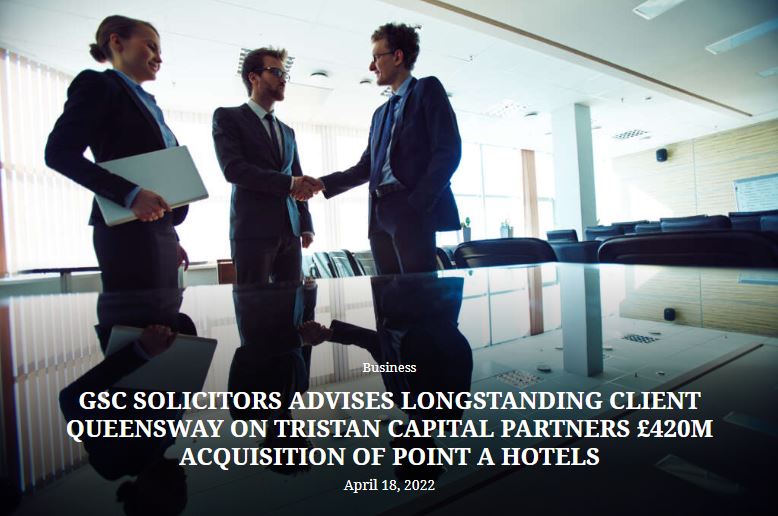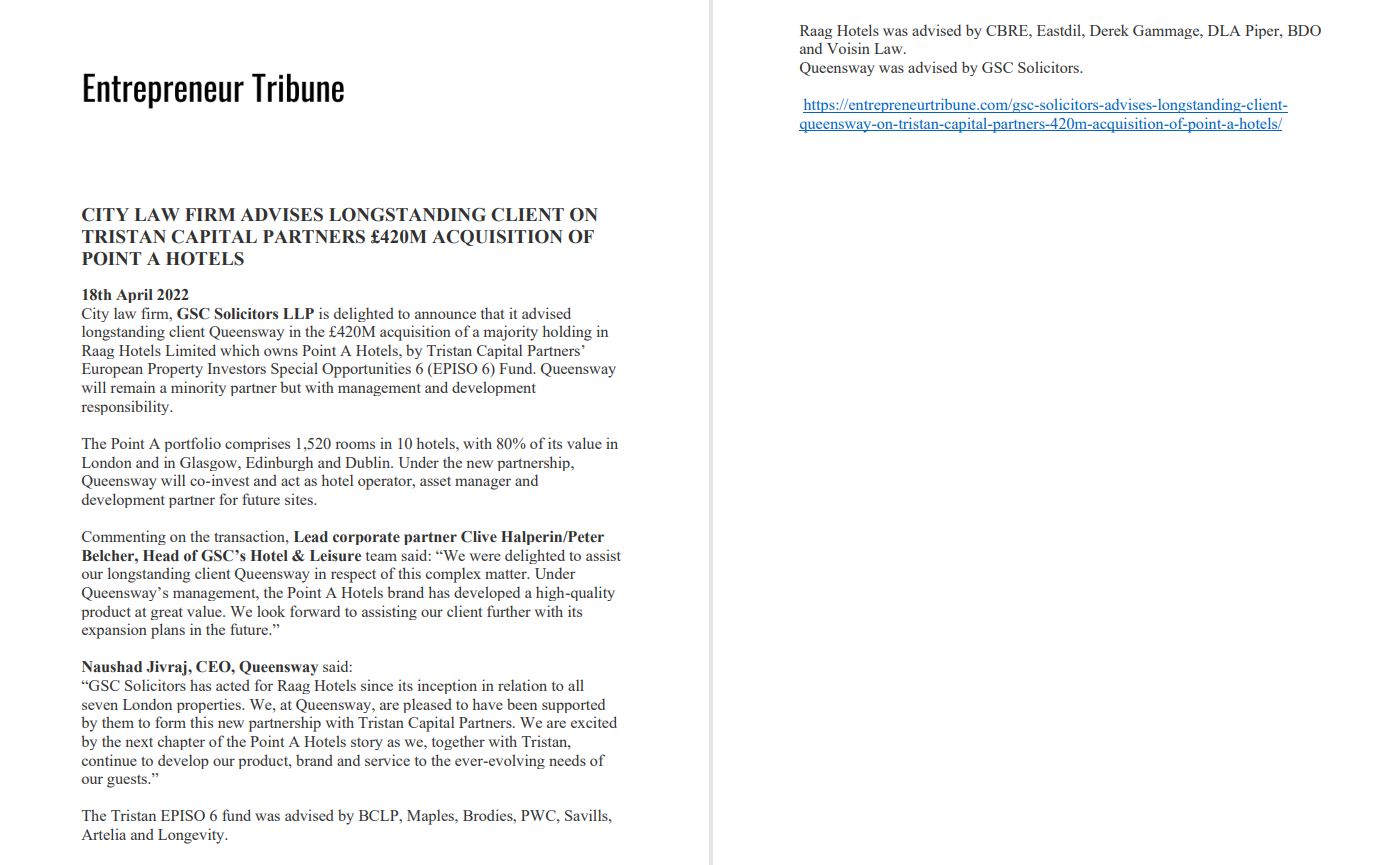Saleem Sheikh, senior partner of GSC Solicitors LLP, has been part of the fabric of the City law firm for over 40 years. But in early-1980s London it was tough for any young Asian to find a way into a legal profession that was anything but welcoming.
In this story in our series of GSC Stories celebrating 50 years of GSC Solicitors LLP, Saleem celebrates the people who saw his merit and potential.
Mercifully, I didn’t encounter much racism at all when I was at university and at the College of Law. I’d experienced it before, of course. I had arrived in the UK in 1967 from Kenya, the son of parents who had left India for Pakistan during the partition, and then left Pakistan for East Africa. I was the only Asian boy in my class at school and I was the butt of all the insults you might imagine. But by the time I had reached the latter stages of my academic career my world was a meritocracy. You stood or fell on your own abilities, and I was proving myself able.
So it was jarring to find that, when I came to apply for articles, things did not appear so simple. I knew that, despite my qualifications being as good as, if not better, than other applicants, the clients of the firms to which I was applying might not appreciate someone with the surname Sheikh as their legal representative.
Eventually I secured articles with a large City firm, although the offer felt lukewarm – as though it was more a result of their running out of reasons not to give me the job rather than actively wanting me.
As always at that time, my confidante and source of wisdom, advice and encouragement was Debra Trosser, my lecturer at the LSE. I explained my situation. She suggested I contact her brother-in-law who happened to be the co-founder of a boutique law firm in London.
I didn’t do that. I had an offer and, despite my misgivings, I felt I should probably stick with it.
The next time I ran into Debra, she challenged me. Why hadn’t I made the call? She insisted that we went for a drink, where we were joined by a rather imposing, grey-haired gentleman who also demanded to know why I hadn’t been in touch. This was John Green, co-founder of Green David Conway & Co, the firm which would in time become GSC Solicitors LLP. I mumbled something to John about my existing offer.
“In years to come,” he said, “there are going to be a lot of successful Asian clients who may need a commercial lawyer like you.” This was different. Here was a man actively seeking to recruit me, a man who saw the potential in me and the opportunity I represented for the firm.
John Green offered me the position of Green David Conway & Co’s first articled clerk in 1981.
I had a choice to make, and as ever in such matters, I asked my father, Manzoor-Ul-Haq Sheikh, for his advice. My father was a highly educated man and someone who provided me with constant support and wise counsel.
“Where did you feel most welcome?” he asked. “Where is your heart leading you?” It was leading me to GSC. 41 years later I’m still here.
Like many – perhaps every – person of colour in the UK at that time, I felt I had to work harder, do more and prove more because I was in a minority. I do believe everyone should achieve on merit alone. I say precisely that to the young lawyers I support today. But everyone, no matter what their colour or gender, should be given an equal opportunity to demonstrate that merit.













